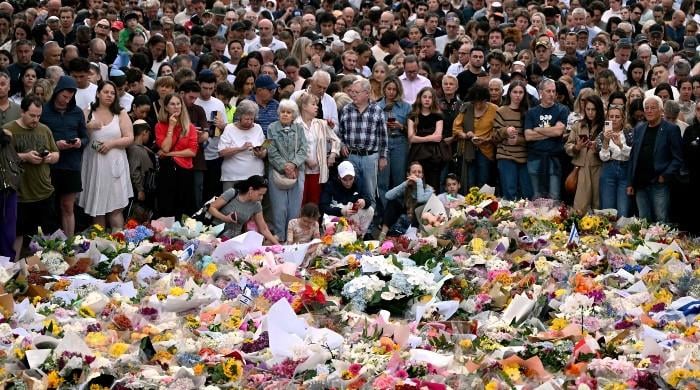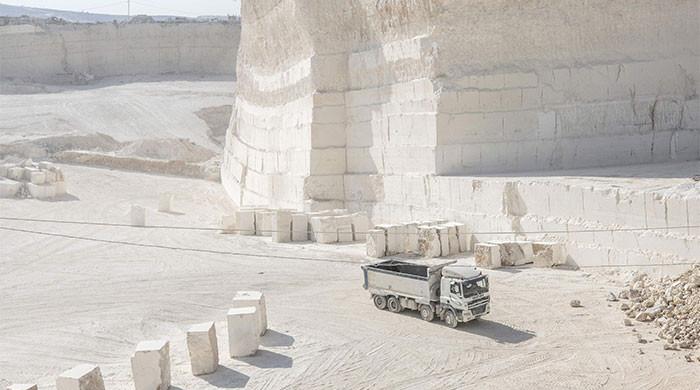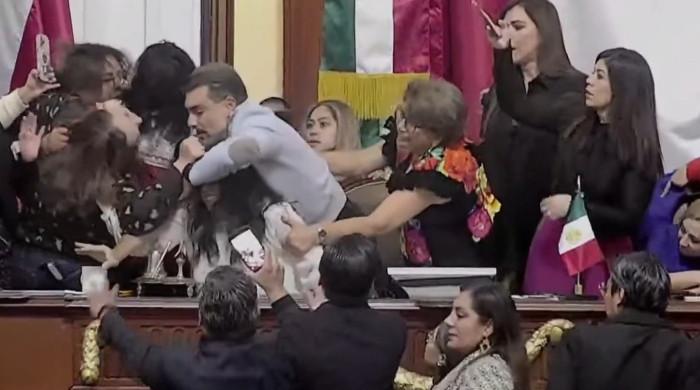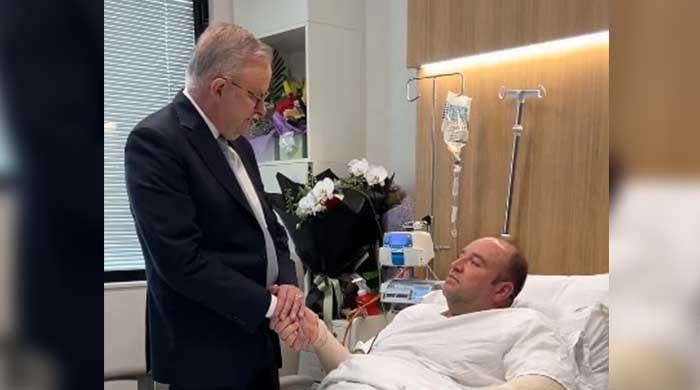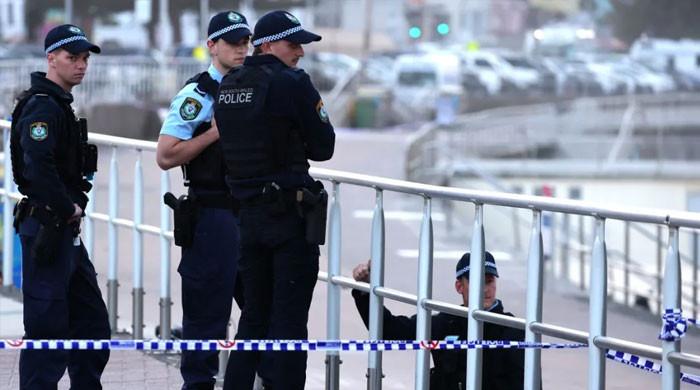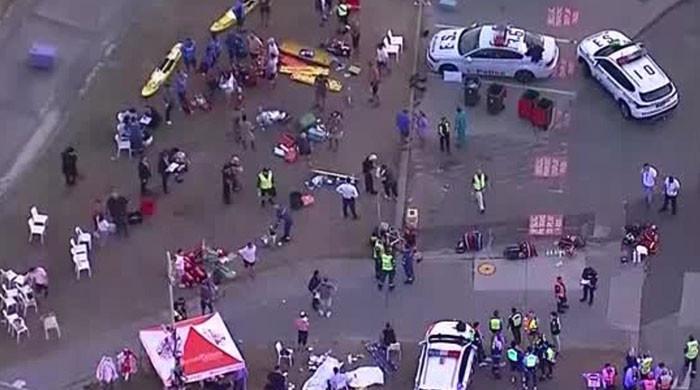US diplomat Henry Kissinger's pivotal career moments
Kissinger played a pivotal role in shaping US foreign policy notably during Vietnam War and Cold War era
November 30, 2023
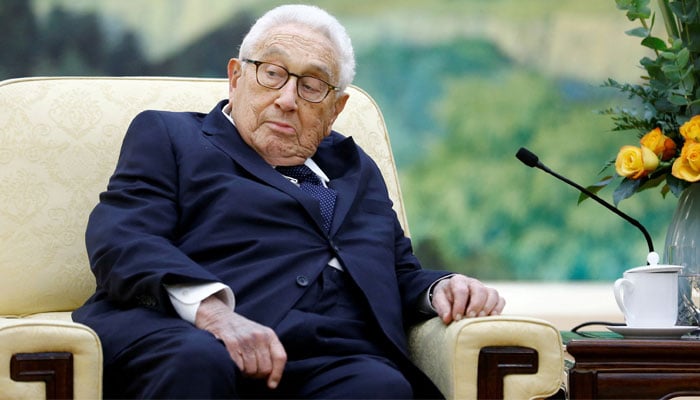
Henry Kissinger, a prominent figure in American politics and diplomacy, passed away at the age of 100 on Wednesday, leaving the world with his decades-long career spanning academia, government service and international relations.
After graduating from Harvard with a doctorate in political science, Kissinger initially pursued an academic path, becoming a leading scholar on foreign policy.
However, his trajectory shifted when he joined former US president Richard Nixon's administration in 1969 as a national security advisor. He later assumed the secretary of state role, retaining both posts.
After Kissinger resigned, he stayed under US president Gerald Ford.
Kissinger played a pivotal role in shaping US foreign policy during critical periods, notably the Vietnam War and the Cold War era, the Deccan Herald reported.
Here's a peek into some of the major moments in Kissinger's controversial and influential US diplomatic career.
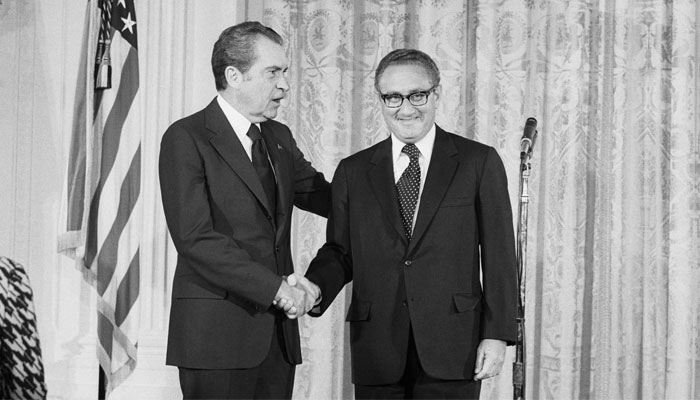
Kissinger's secret negotiations with then-Red China led to Nixon's famous foreign policy accomplishment, which was intended to isolate the Soviet Union.
This move paved the way for the complex relationship between the world's largest (the US) and second-largest economies, which were intertwined yet constantly at odds as a new Cold War loomed.
He initiated a dialogue that became known as detente, with the Soviet Union, resulting in the first major nuclear arms control treaties. His shuttle diplomacy weakened Moscow's Middle East power but failed to achieve broader peace in the region.
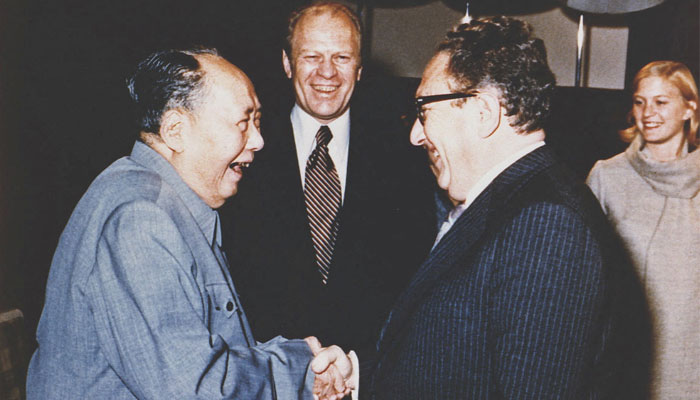
Over years of meetings in Paris, he negotiated the peace accords that ended the US involvement in the Vietnam War, an achievement for which he shared the 1973 Nobel Peace Prize.
He called it “peace with honour,” but the war proved far from over, and critics argued that he could have made the same deal years earlier, saving thousands of lives.
North Vietnam overran the American-backed South within two years, marking a humiliating end to a conflict that Kissinger had doubted the US could never win.
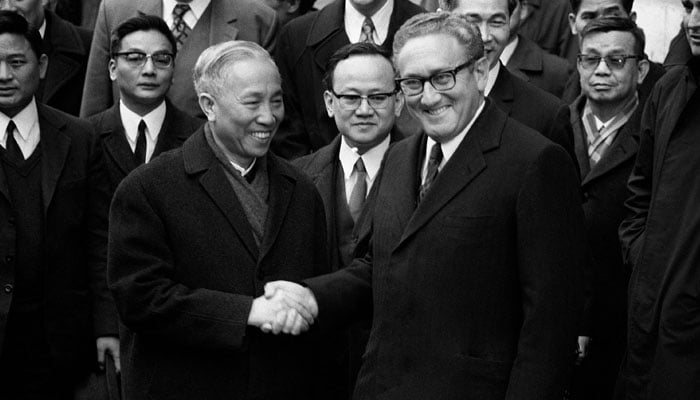
His critics argued that the communist victory was the result of a cynical policy to create space between the US withdrawal from Vietnam and future events.
Kissinger's secret trip to China in 1971 suggested a "decent interval" to postpone the fall of Saigon. However, by the end of the interval, Americans abandoned the Vietnam project, no longer believing US strategic interests were linked to the country's fate.
Kissinger is accused of violating international law by authorising the secret carpet-bombing of Cambodia in 1969-70, an undeclared war on a neutral nation.
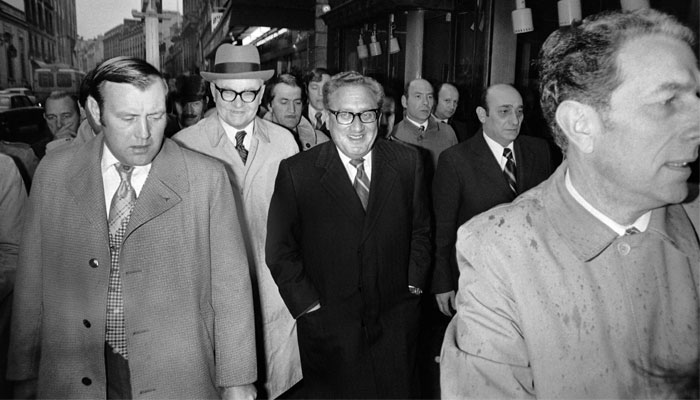
The bombing aimed to eliminate pro-communist Viet Cong forces, but was indiscriminate, as Kissinger told the military to strike “anything that flies or anything that moves,” killing at least 50,000 civilians and causing widespread destruction.
For decades, he was the key American in managing China's rise and economic, military, and technological challenges.
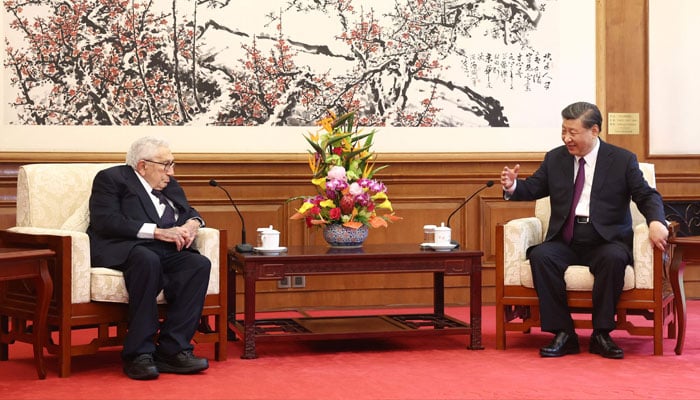
He dealt with every Chinese leader from Mao Zedong to Xi Jinping, whom he met in July at the age of 100, along with other Chinese leaders in Beijing.
He was treated like royalty, despite adversarial relations with Washington.




